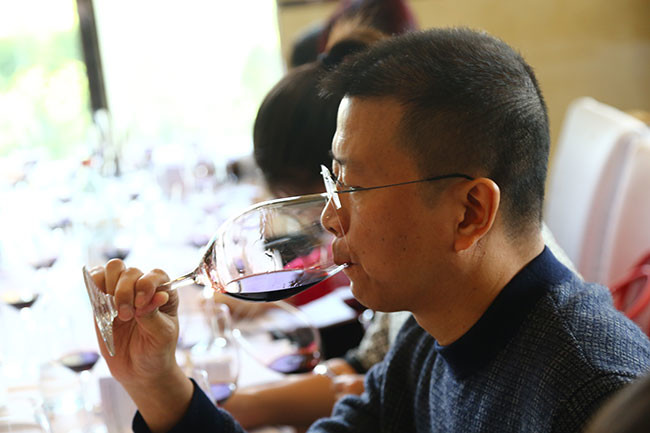How to get prepared for the Master of Wine theory exam? Hear more tips about the MW exam from Jennifer Docherty MW.

Also read:
Breaking down the Masters of Wine Stage 1 tasting exam – Jennifer Docherty MW
In 2016, 70% of the 86 students that sat the Institute of Masters of Wine stage 1 assessments passed. The figures for the stage 2 assessments were less promising, with a pass rate of 29% for the theory part and 17% for the tasting part of the exam.
I personally found theory harder because I failed on my first attempt, instead passing the tasting portion only. It was a relief to pass tasting because it allowed me to focus all of my efforts on my weakness, essay writing.
One recent question posed by two of my student mentees, starting stage 2, is if they needed to start practicing writing timed essays. I admit that except for course days and seminars, I didn’t write any timed essays. My aim was to write an answer that would pass and until I understood how to do that, it didn’t matter how much time was available to me. I could have two hours per question and still would not have passed. Therefore, I advised my mentees to spend this time early in the ‘school’ year to perfect their essay writing.
Students have three hours to answer three theory questions for each paper. I would allow fifteen minutes to plan and forty-five minutes to write per essay. I typed out my response because it was faster and I didn’t have to worry about my hand cramping up during the five hour a day, four-day long exam. For those with difficult to read handwriting, it’s best to type because almost every year, the examiner’s report mention that illegible handwriting is the cause of lost marks or even failure because examiners cannot mark an exam that they cannot read.
With forty-five minutes to type, I could only manage around 750-900 words per response and these words needed to cover the breadth required to pass the theory exam. Therefore, sentences need to be succinct and arguments supported by using global examples.
To help students write better, I highly recommend the book 'On Writing Well” by William Zinsser. It is effective but also humorous in what could have been an otherwise dull subject. He famously said, “Clear thinking becomes clear writing; one can’t exist without the other. It’s impossible for a muddy thinker to write good English.'
This phrase is key to passing the theory exam. Students need to communicate to the examiners that they are thinking clearly through their responses. I know this is a challenge for Chinese students because English is not their first language, but I am confident that Chinese students will '用功'. There is no equivalent English word that quite conveys the Mandarin word yòng gong (study hard/put in great effort). It is a word so frequently heard by students from parents, that echoes of yòng gong follow us through life.
Translated by Oliver Zhou / 周维
All rights reserved by Future plc. No part of this publication may be reproduced, distributed or transmitted in any form or by any means without the prior written permission of Decanter.
Only Official Media Partners (see About us) of DecanterChina.com may republish part of the content from the site without prior permission under strict Terms & Conditions. Contact china@decanter.com to learn about how to become an Official Media Partner of DecanterChina.com.












Comments
Submit